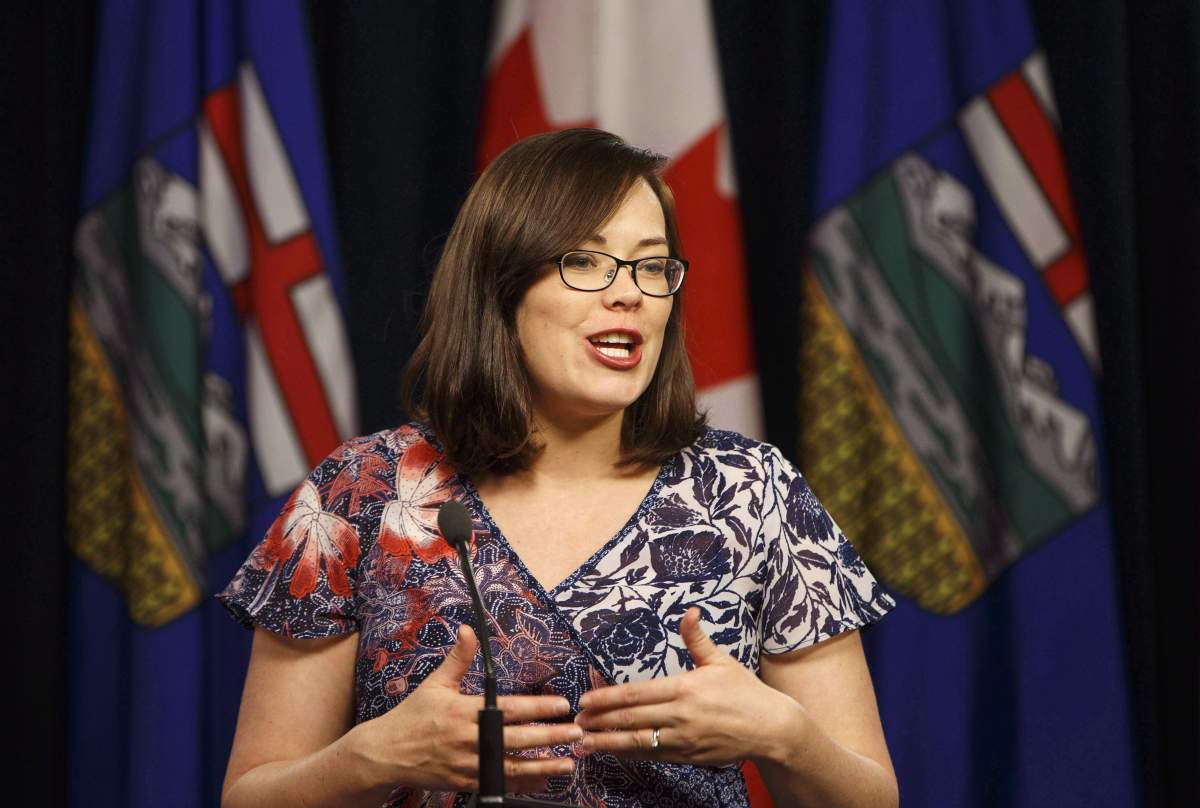A provincial wage freeze and increased caseloads resulting from a Supreme Court of Canada ruling are making it difficult to recruit new prosecutors to fill Alberta’s dwindling ranks, says an organization representing Crown lawyers.

In 2016, the Supreme Court’s Jordan decision imposed time limits on how long a criminal trial can take before it is deemed unreasonably delayed.
The ruling said people charged with an offence have the right to have their case tried within a reasonable amount of time — 18 months for provincial courts and 30 months for superior courts.
READ MORE: High profile double-murder case moved up to avoid ‘Jordan jeopardy’
Damian Rogers, treasurer of the Alberta Crown Attorneys’ Association, says a recent government announcement about hiring an additional 10 prosecutors for regional offices is a step in the right direction.
But he points out that in the past year alone, 20 prosecutors have left rural offices, particularly in northern Alberta.
“One reason we see people … moving on is they simply don’t feel that they can competently manage the caseloads that they have,” Rogers said in an interview. “Either that causes them to be under stress and impacts their lives, or causes them concerns about their professional responsibilities to practice in a competent manner.

Get daily National news
“They’re concerned there’s so many files, so many balls in the air, that they’re going to drop a ball on something that’s important.”
READ MORE: Alberta prosecutor says court delays force Crown to toss criminal cases ‘on the trash heap’
A 4-1/2-year wage freeze imposed by the Alberta government is also a disincentive, he said.
The starting salary, right out of law school, is $81,500. A senior prosecutor with at least 15 years experience receives $168,000.
“If they go to another province where all of their experience is recognized, they see increases of $10,000, $20,000 or $25,000 a year in their compensation,” Rogers said.
“It’s leading to our prosecution service being much more junior now than it was five years ago. A lot of experience is departing the prosecution services.”
Alberta has 306 Crown prosecutors and 105 of them work in regional offices.
Rogers said there is no problem finding recruits in larger centres such as Edmonton and Calgary, but cities such as Fort McMurray and Grande Prairie — where the caseloads are highest — remain a problem.
READ MORE: Alberta justice minister addresses memo, defends new triage protocol for prosecutors
Alberta’s justice minister said her department is monitoring staffing levels in the prosecution service and acknowledges increased caseloads are a problem.
“The Jordan decision had a significant impact in terms of our timelines, so we put in some more resources … and we’ve done some moves in terms of efficiency,” Kathleen Ganley said.
“I think we just keep monitoring the situation to ensure that we have the right mix.”
Ganley said it’s true that caseloads are a bit higher in rural areas where there are smaller offices which puts added pressure on remaining staff. She said she also understands that the wage freeze is a problem, but added the government has “finite resources.”
“It can be particularly difficult because very skilled professionals like lawyers have other options.”





Comments
Comments closed.
Due to the sensitive and/or legal subject matter of some of the content on globalnews.ca, we reserve the ability to disable comments from time to time.
Please see our Commenting Policy for more.